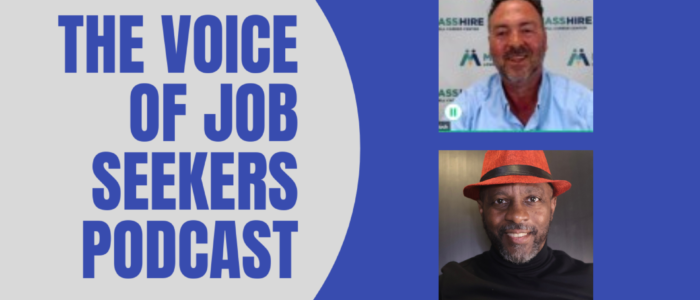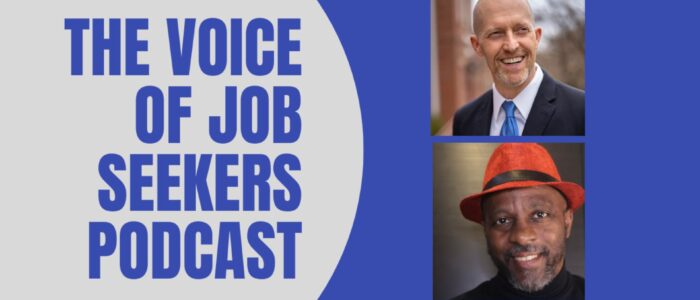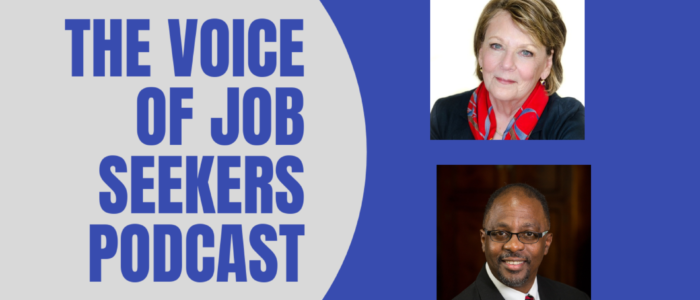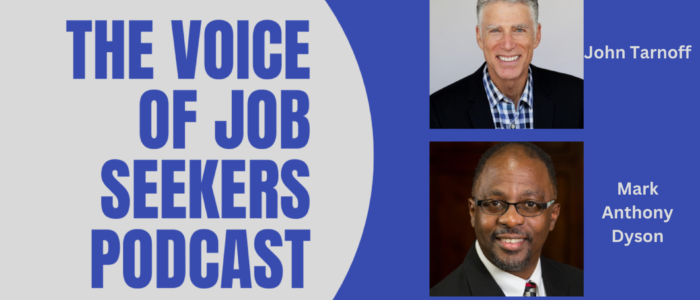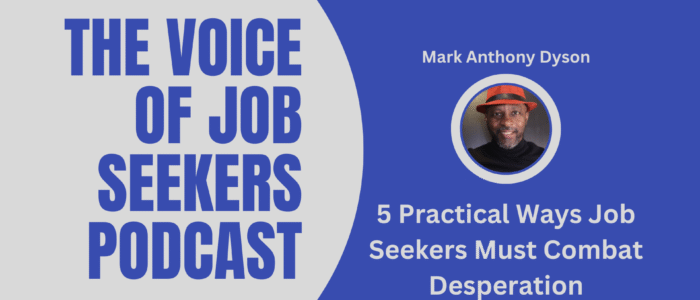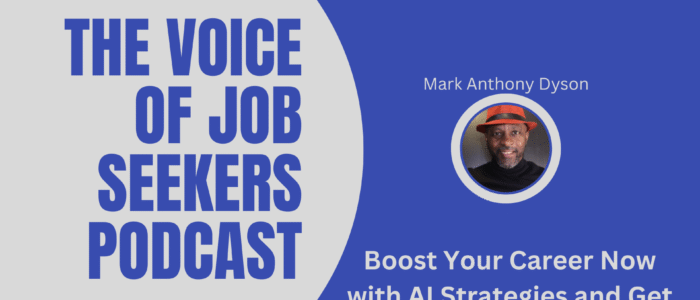
Podcast: Play in new window | Download | Embed
Subscribe: Apple Podcasts | RSS
Thank you for tuning into the Voice of Job Seekers podcast. I’m Mark Anthony Dyson. I’ve been doing this podcast for nearly 12 years, and my blog has been around since July 2011. If you haven’t already done so, I encourage you to explore the available articles and podcasts. We’ve had over 300 episodes featuring more than 200 guests, including other content creators, career coaches, and business people.
For the first time, I’ll do a series of solo episodes to share my thoughts and gather your feedback. I’ve been exploring AI in the context of job seeking and have written articles on this topic since 2019. AI is here to stay, and I want to discuss how it impacts job searches, comparing Search Everywhere Optimization to traditional Search Engine Optimization.
I’ve written for various outlets like Recruiter.com and PayScale.com, ensuring my work is optimized for search engines. However, AI offers a new dimension by providing comprehensive profiles and citations of my work across various platforms. For job seekers, it’s essential to dominate your narrative and present a digitized reputation.
Your work must be through academic publications, podcasts, videos, or newsletters. Start building these digital breadcrumbs now to attract potential employers or recruiters. That is, if you want to enhance your possibilities.
Consistently sharing your expertise through various mediums can significantly enhance your online presence. In conclusion, whether you create video content, publish articles, or engage in thoughtful online discussions, it’s essential to establish your brand authority and ensure you’re easily searchable.
Utilize AI and SEO strategies to make yourself more discoverable. Even as an audio-centric podcast, I emphasize the power of video content for deeper engagement.



